So I played HeroQuest 2…
After almost a year of owning the HeroQuest 2 rules by Moon Design Publications (published by Cubicle 7 Entertainment), today I sat down and actually played a session.
 I really liked it.
I really liked it.
I’ve been a Glorantha fan since 1981, first playing tons of RuneQuest 2 and 3, then moving on to loads of Hero Wars, then a certain amount of HeroQuest 1, until about 6 years ago, when I moved onto other games such as FATE, BRP, etc, for my main games. I bought the HQ2 rules late last year, and on reading them found them extremely different from traditional RPGs – different even from HQ1 and more narrative type systems such as FATE – but felt somewhere inside there was a really cool system, if only I could grok it.
It’s taken me two tries to get my head round the system, but after our first session of play I’m getting there, and will definitely play again. My original gripe with the HeroWars and HeroQuest systems was that they were too arbitrary – very often the system seemed to revolve around the GM making up some numbers and everyone rolling dice, and then the GM kind of making up an explanation for what had just happened. Okay in the short-term, but ultimately unsatisfying, especially when it comes down to character life or death.
My first encounter with the HeroQuest 2 rules last year reinforced that impression. With no fixed numbers for the difficulties of die rolls, everything seemed to revolve around GM fiat, which isn’t my personal favourite style of play.
Then I got my head round the pass-fail cycle.
This is a really clever rules mechanic, and utterly, utterly different from anything I’ve seen in any other roleplaying game. In fact, it’s *so* different it often meets with some hostility among more traditional RPGers, including, at first, myself. That is, until I grokked how closely it’s tied in to the rest of the system.
For those unfamiliar with the pass-fail cycle, it provides GMs with a base difficulty level for pretty much *all* rolls in a given session (the GM can override). That’s right: every task you attempt, subject to GM override, has the same difficulty level. You’re not rolling your ability against how good a given opponent or tasks is; you’re rolling against the *story*.
That’s a huge departure from traditional RPGs. Sure, many GMs kind of wing this concept and factor it into their eyeballing of difficulty levels in play in other games, but in HeroQuest it’s codified into the rules. You make your die rolls against the demands of the story, not the abilities of opponents.
But if all difficulties are the same, isn’t that dull? Too bland? “Unrealistic”, even in a story sense? Here’s where the pass-fail cycle gets clever: the base difficulty is *adjusted*, based on whether you succeeded or failed in previous die rolls. If you’ve been succeeding in the story challenges you’ve been facing, then gradually the difficulty increases; if you’ve been failing all the time, gradually the die rolls get easier. The pass-fail cycle gives you a baseline difficulty, and a way of dancing around that base difficulty, up and down, in the interests of dramatic structure.
Let me give an example. In a traditional roleplaying game, when you build a scenario, you structure in a certain progression in encounter difficulties to make for a satisfying game. This is something you do explicitly, as game master, as part of your scenario design. So, you’re attacking a Lunar camp to rescue some prisoners in the RuneQuest (d100) game. Maybe you build in 4 encounters. First, you have a relatively easy combat with some guards as you break into the camp; then maybe a harder encounter as the Lunars raise the alarm; then there’s a tense bit while you try to free the prisoners; then a massive, climactic encounter with the Lunar commandant making sure you don’t escape. All great, but the key issue is: the progression of difficulty levels is determined by the GM at the moment of scenario writing.
In HeroQuest 2, this progression is determined by the *rules*. You try and break into the camp: the base difficulty is Moderate. Depending on how well you do, the encounter as the Lunars raise the alarm may be *easier* or *harder* than Moderate. If it’s easier, maybe after the initial hard fight you find a secret way to the prisoners’ cells; if harder, maybe the initial guards were a pushover, but they alert the entire camp who stand in your way. The actual description of the scenario derives from the pass-fail cycle rules. Then again, if you’ve had an easy time of it so far, actually breaking the prisoners out becomes very difficult: maybe they’re heavily defended, or the lock on their cells is something extra special. Finally, the climactic encounter has special rules all of its own, so that even if its mechanically not a high difficulty level (such as if the characters have been suffering heavily so far), the consequences will be significant and far-reaching anyway.
That really is so cool. I found it so neat to play, despite my initial unfamiliarity. My one worry was: “um, Moderate resistance is very low for most characters – this game is going to be too easy!” Then, I did the pass-fail cycle and worked out that the *next* encounter for the PCs is going to be not Moderate but High – more powerful opposition, evil monsters, nefarious sorceries, whatever.
 Make no mistake; the HeroQuest 2 system requires a major re-grokking of just what a roleplaying game is, and it definitely won’t be to everyone’s liking. As a player you’re engaging with the *story*, not with the statistical parameters of, say, certain monsters or opponents. Most of the onus to work with the new and often alien concepts, however, falls on the GM; the experience is quite transparent to the players, with a few exceptions.
Make no mistake; the HeroQuest 2 system requires a major re-grokking of just what a roleplaying game is, and it definitely won’t be to everyone’s liking. As a player you’re engaging with the *story*, not with the statistical parameters of, say, certain monsters or opponents. Most of the onus to work with the new and often alien concepts, however, falls on the GM; the experience is quite transparent to the players, with a few exceptions.
I took up HeroQuest 2 because of the superlative quality of the supplements Sartar: Kingdom of Heroes and the Sartar Companion – I really wanted to play them! – and my deep and lasting affection for the Glorantha setting. After my first session, I’m already looking to the next, and exploring some of the ramifications of these extremely interesting rules.

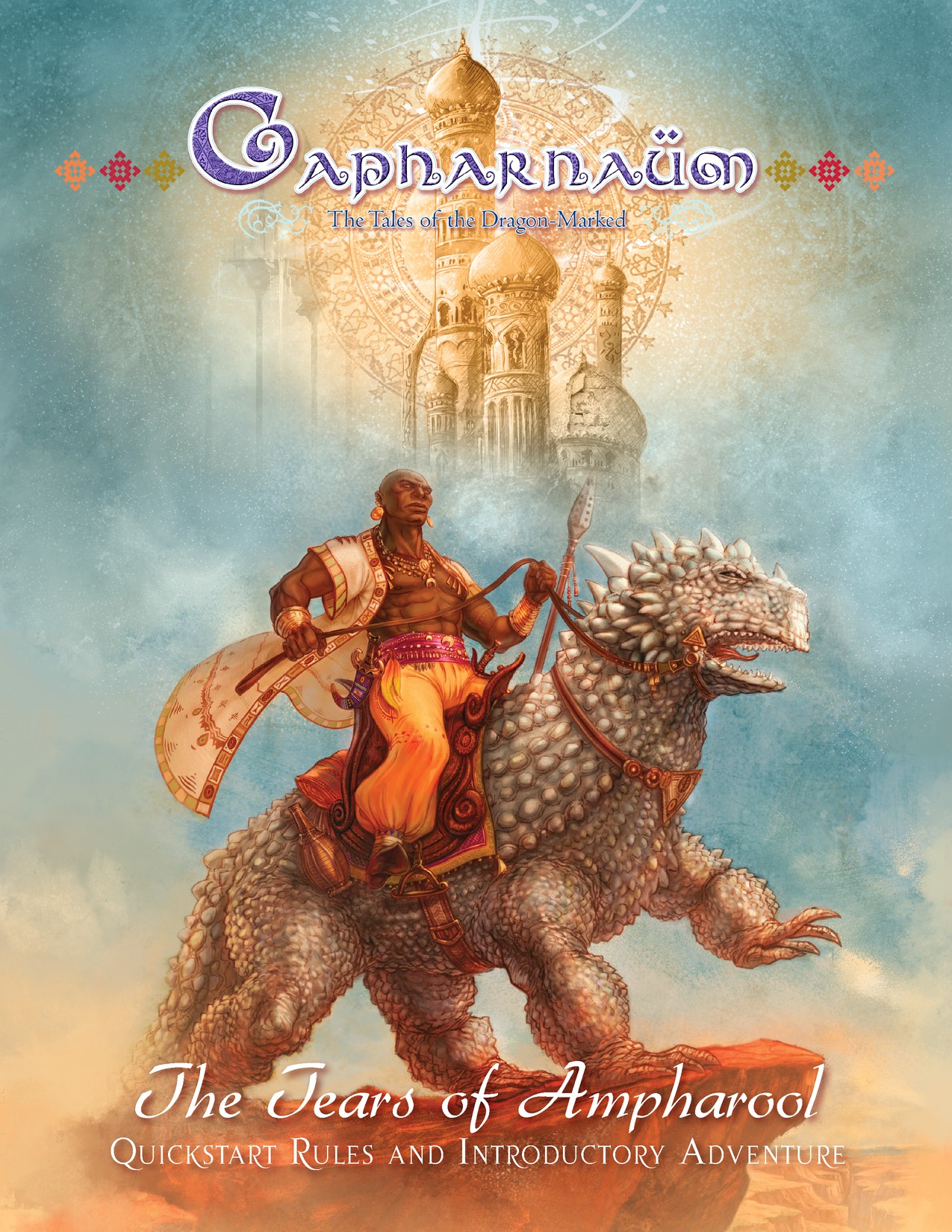

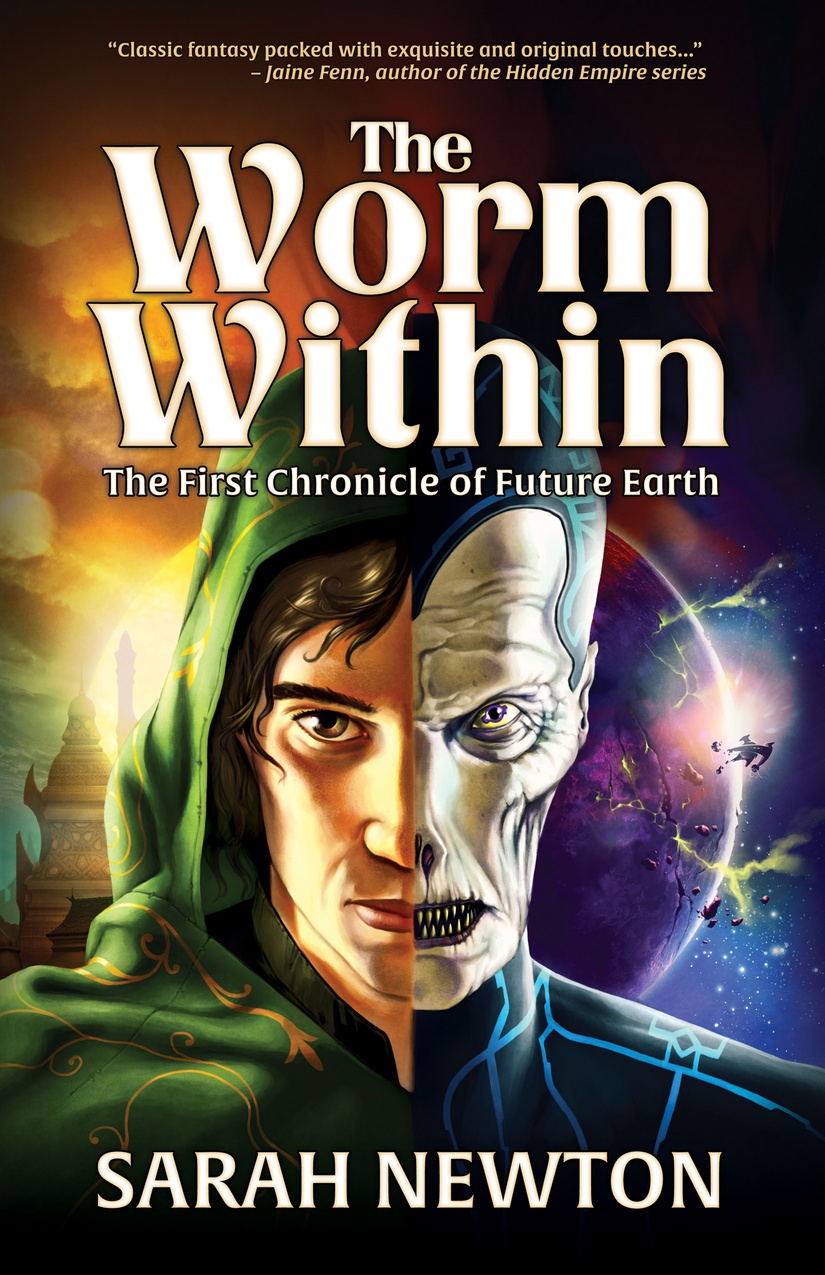
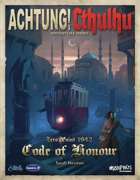


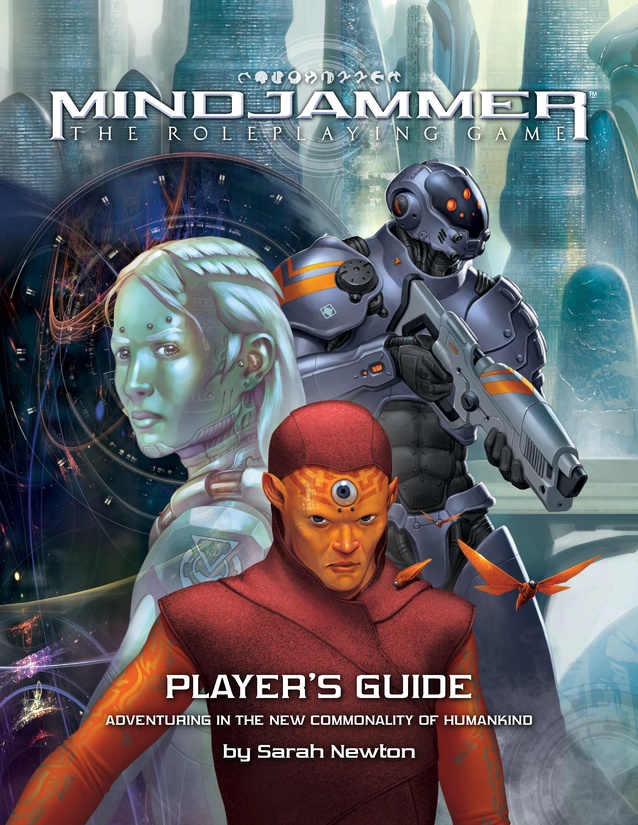

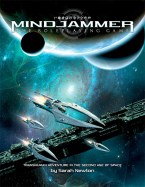


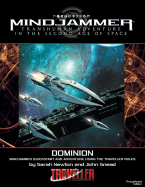
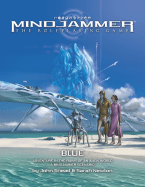
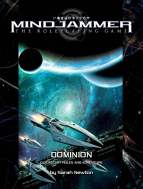

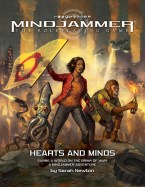

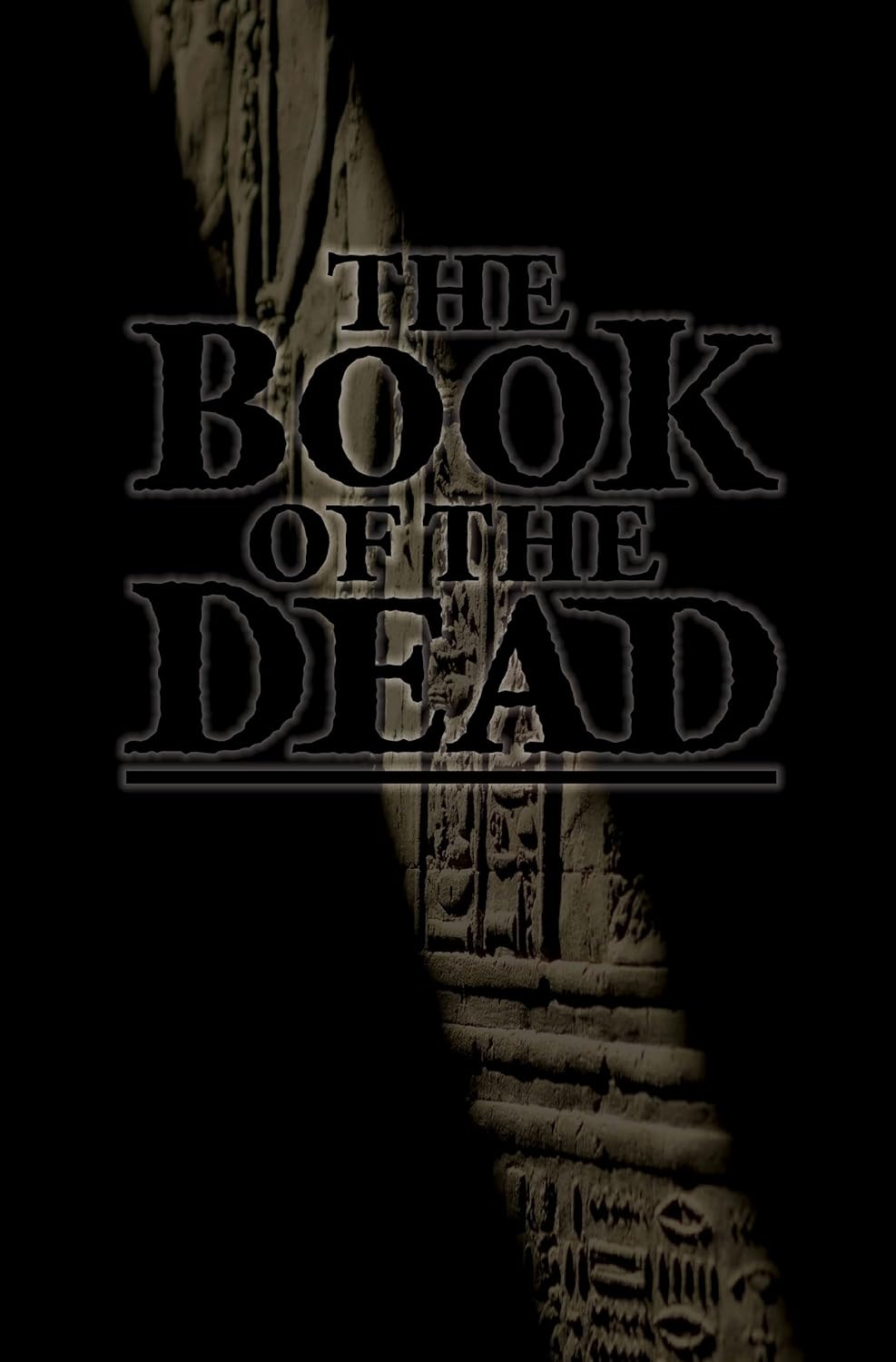
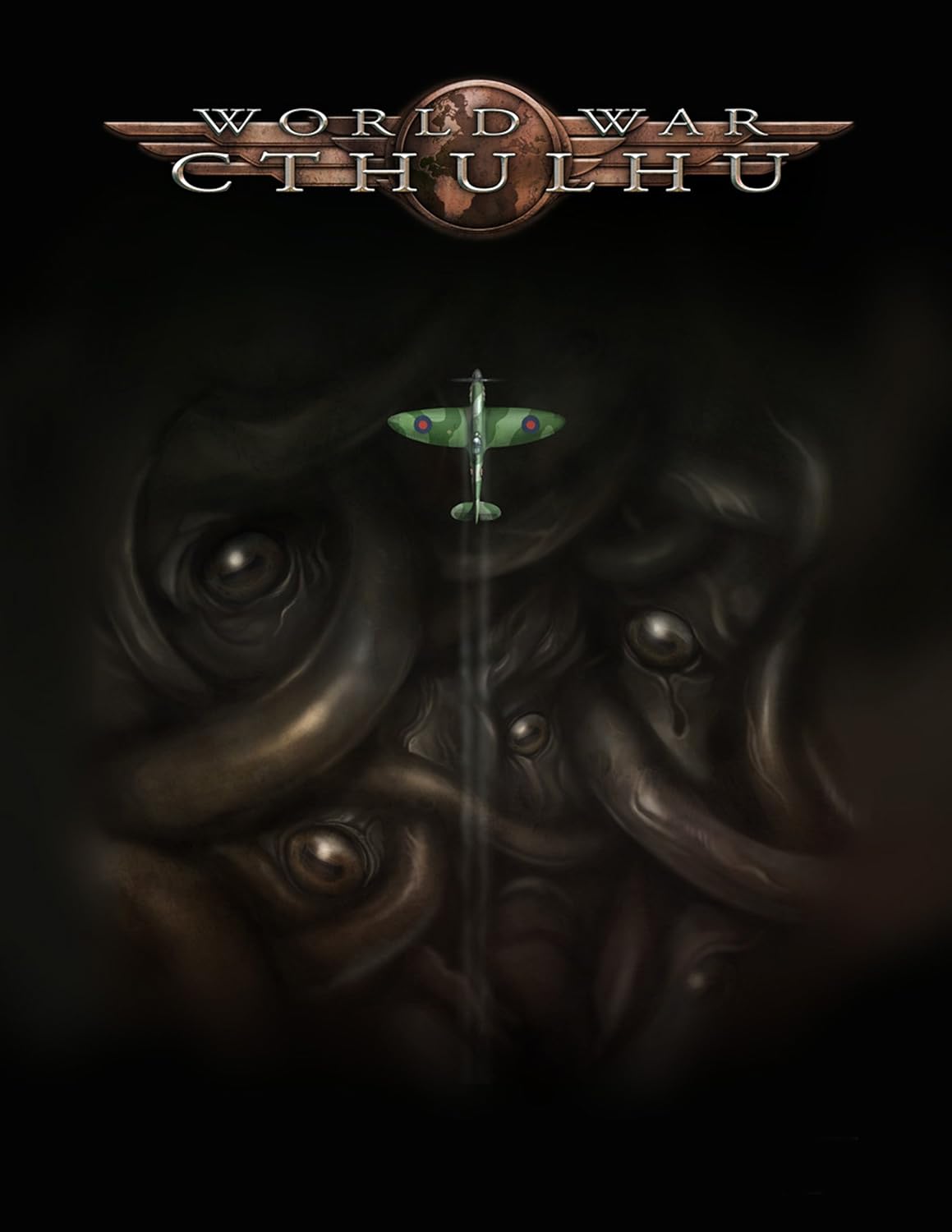
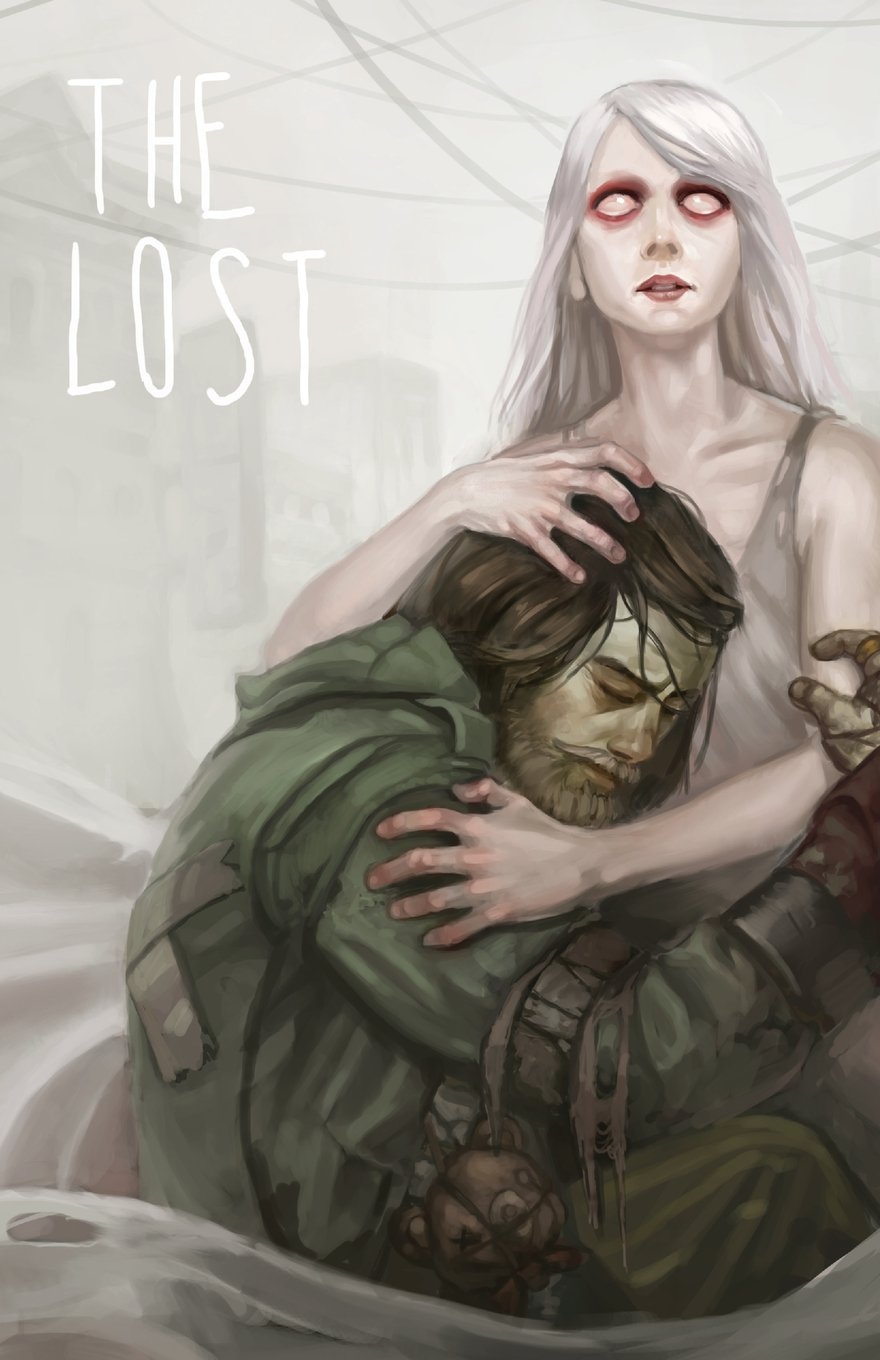


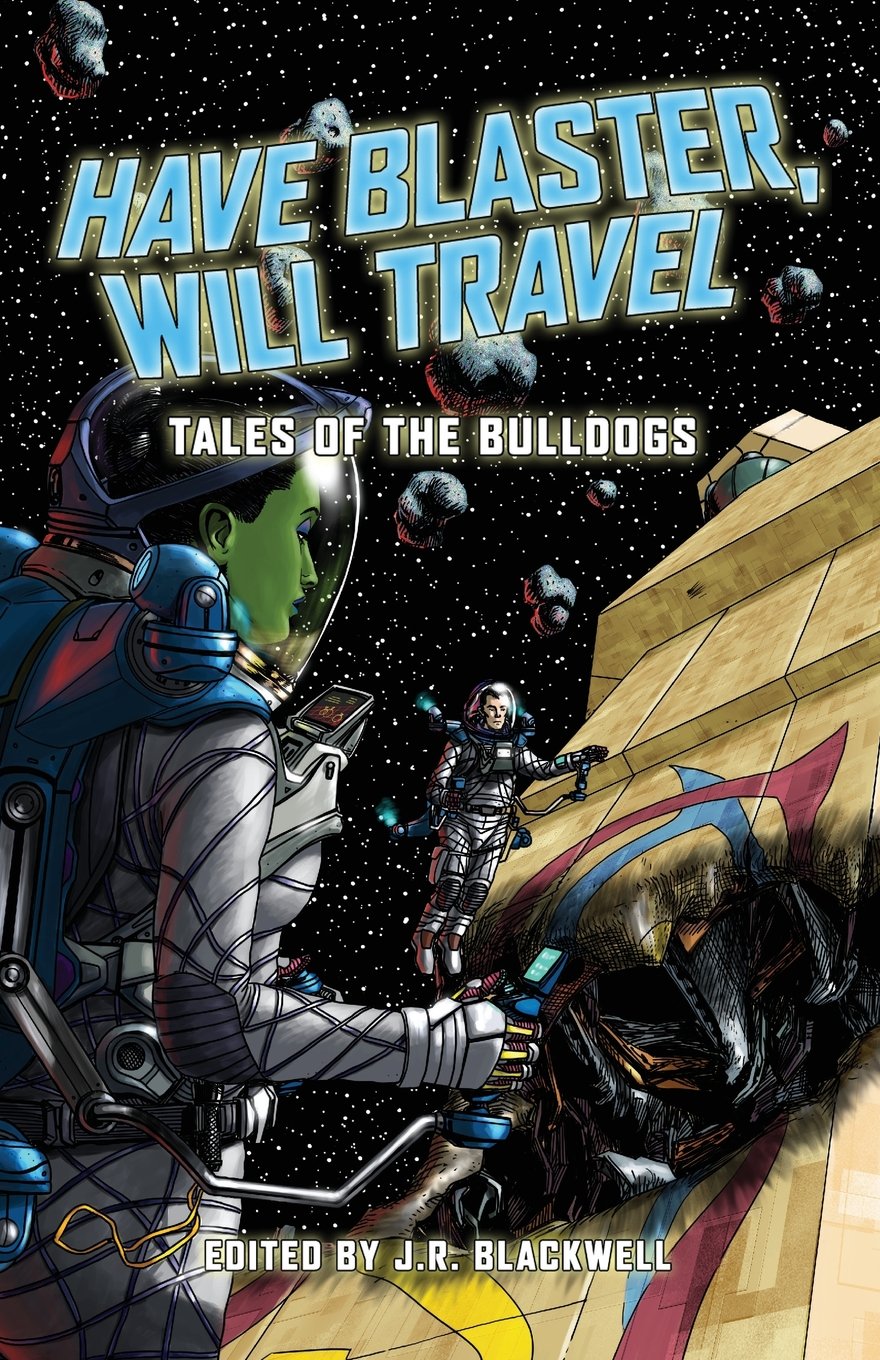



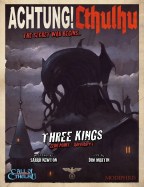
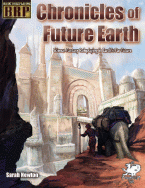



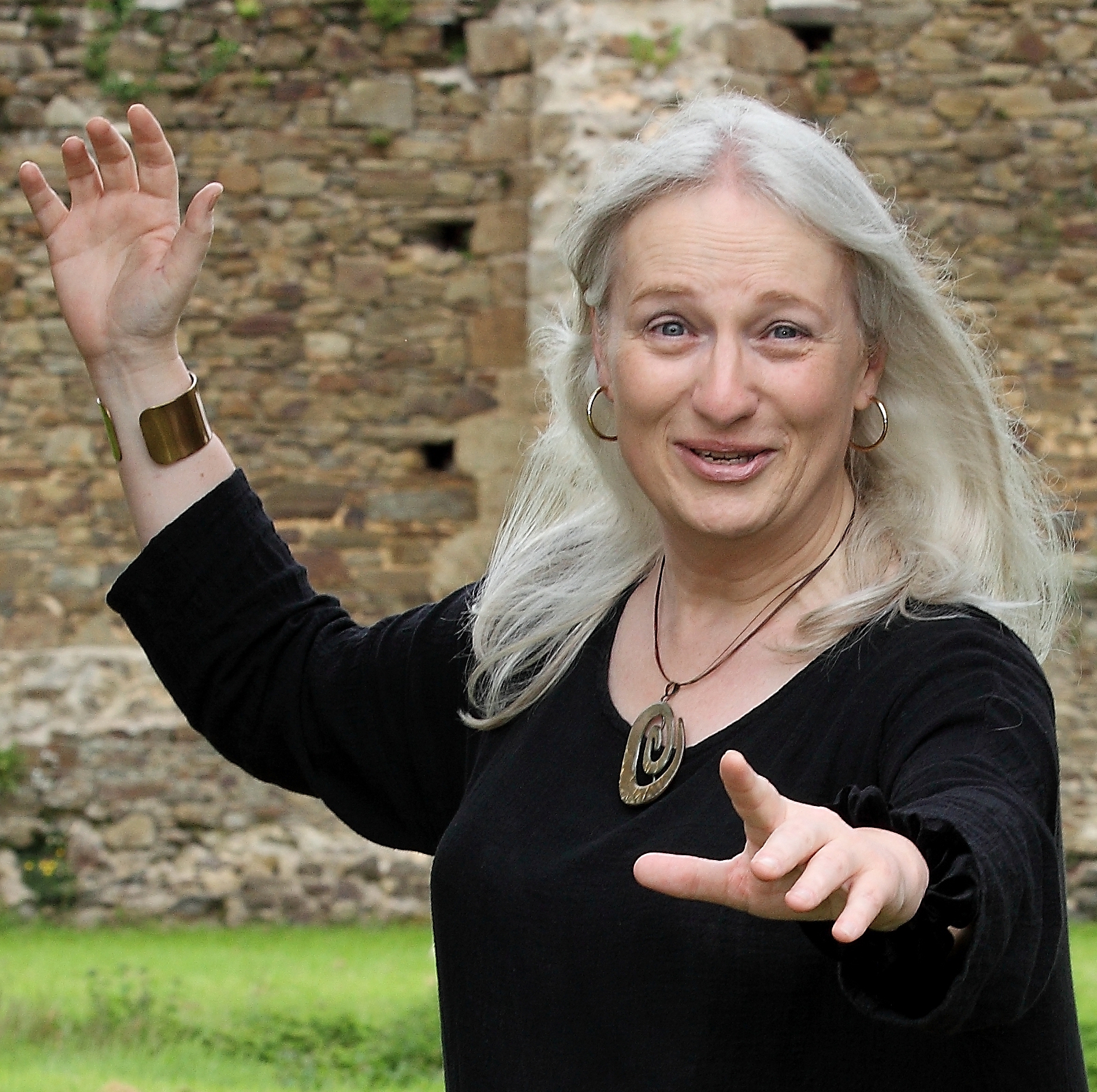
Just stumbled across this – thanks for posting it (all those years ago!).
I too had a great time running HQ2 (as a one-off convention game) – it was one of the most satisfying GM’ing experiences I’ve ever had.
Have you had a chance to look at the new HeroQuest Glorantha edition? I’m gearing up to running that next.
Cheers
Ben
Hi blogger, i found this post on 14 spot in google’s search results.
You should decrease your bounce rate in order to rank in google.
This is major ranking factor nowadays. There is very useful wp plugin which
can help you. Just search in google for:
Lilas’s Bounce Plugin
I’ve often played HQ2 these last years but was pretty reluctant to use the P/F cycle. You convinced me to try !
Love your blog, Sarah, but the font is nigh-unto-unreadable!
Very, very cool. It’s a system I’ve been interested in, and now you’ve only piqued my interest more. Curse you. 😛
So tell us more about your scenario, how’d it play out and how you might see running a regular game or just one shots with this.
Hi Bobby J,
Glad to have teased your interest! 😀
I ran a longer campaign with the old Hero Wars rules back in the day, and had a great time. This time, with HQ2, I’m running a continuation of that campaign with the same characters, and currently keeping it *very* simple. Because the narrative resistance-focussed mechanic is *so* different from conventional RPGs, I’m trying to avoid structuring the game too much right now, as the structures I use will doubtless be informed by my previous experience on trad RPGs. An example would be structuring a traditional “combat encounter”, where the trad goal is “kill the opposition”. In narrative terms that’s a bit of a weak encounter, and for HQ2 needs to have a lot more story resonance – why are you fighting? What do you want to achieve? What are the possible outcomes and their implications, etc?
So, right now, I’m keeping plots very simple. Our first session was “climb the mountain, find the shaman, get him to exorcise the pain demon possessing one of the characters”. Nothing more than that – how the players overcame the challenges was the way we explored how the rules *could* provide ways to overcome them. I’ll be carrying on with the same simple approach for the foreseeable future, at least until I grok the game structure far better.
So what games do you usually play? What’s your favourite system?
Best,
Sarah
Sounds great, and very much what I tend to run already in my games. I have a basic plot idea. “Rescue captive girls from the mountain of Sorrow, defeat X villain(if needed) and his lackey’s”. I tend to or rather attempt to run story based games. I have options in play, but they’re options not hard set encounters.
I have my favorite systems, but rarely (if ever) get to play them. I tend to run what the consensus of my group is willing to play. We’re taking a break from DnD 4e. I’ve got some GM ADD going on, and have gotten some one shots going on. We’ve done Gamma World 4e, which was a complete blast. And now I’ve got them playing Spirit of the Century and we’ll see how they take to the FATE System. If all goes well enough, we may do some converting to Legends of Anglerre. I think you may have heard of that game… not sure. 😛
Favorite systems, just for fun: Pendragon, Legends of the Five Rings and that’s pretty much it in a nutshell. I’ve run a ton of other systems, and enjoy them. But those two are evocative enough to pull me in and have me daydreaming plots and story ideas. Especially, Pendragon. The passions system is so much fun. I’ve played it(not run) exactly 3 times. And have had an immense amount of fun playing a knight. A true knight, not some Neutral Good, Chaotic Good sell sword in that leveling game. Which in turn leads me to L5R, which also has a system for honor.
I’m rambling now. But the basic is, story is important in what I like to play, and consequences happen. 😀
Thanks,
Sarah.